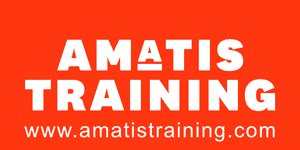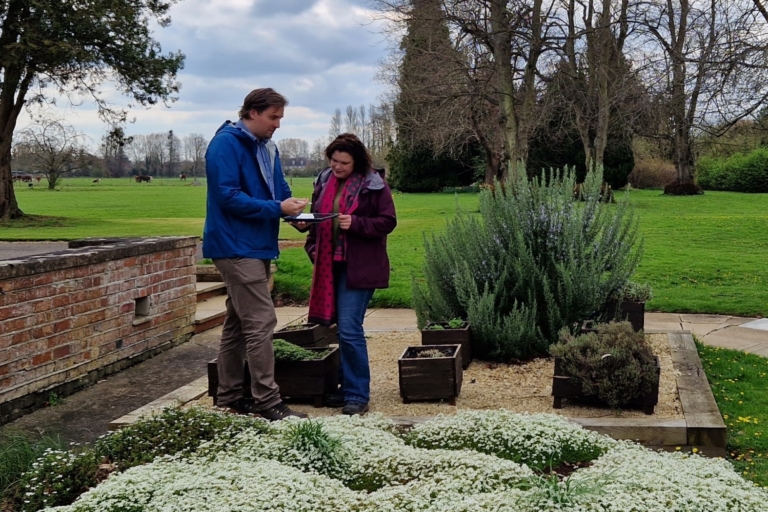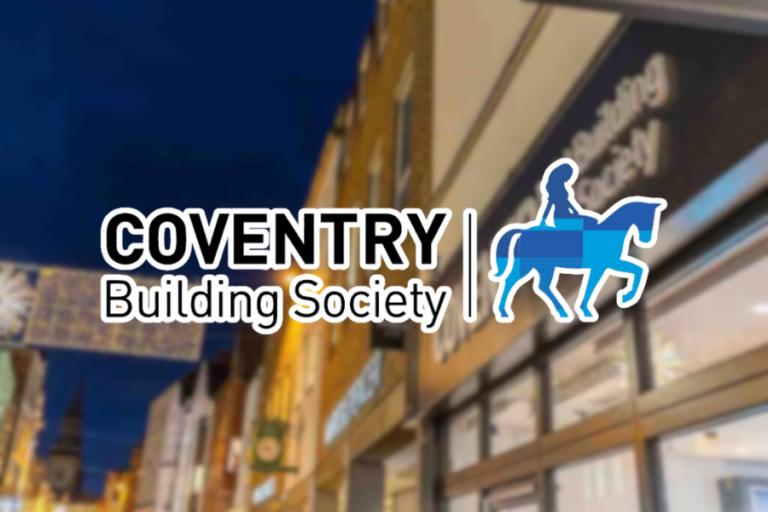Blockchain – It’s your move

Blockchain is here. And it’s here to stay. The evidence is overwhelming. So if you’re a business analyst or IT professional who’s been watching from the sidelines, hedging your bets, it’s time to step up to the start line, says Martin Maya of Amatis.
But easier said than done.


That blockchain is on an upward trajectory is clear, and it’s gaining momentum. Take the skills gap for blockchain professionals for example. A 2020 LinkedIn survey puts blockchain at the top of the list of most in-demand workplace skills. In fact, developers with certified blockchain skills are currently offered 50% more than the average software engineer.
This is because the benefits of a well-designed blockchain are no longer in doubt. More and more businesses are learning to take advantage of it, and new applications are being discovered and implemented all the time. The possibilities are incredibly exciting. This technology is changing the business landscape, and I’d estimate that ten years from now, a good quarter of global economic infrastructure will be running on blockchain-based system.
And why not? After all, who wouldn’t want a shared, tamper-proof ledger? A database that brings greater transparency and traceability to business processes? That removes barriers to information flow? That makes contracts smarter, cuts out intermediaries, increases speed, increases reach, avoids disputes, reduces costs? That builds trust between organisations, democratises wealth creation, and helps speed up innovation?
Today blockchain is finally recognised as far more than the cryptocurrency its reputation was originally built on. The applications are endless, from voting mechanisms and real estate processing, to the tracking of music royalties and supply chain monitoring. In fact, blockchain can benefit any situation in which a group of people or organisations has a need for mutual trust.
Let’s take a topical global issue as an example: the Covid-19 pandemic. With the use of a blockchain, a group of 11 pharmaceutical companies is sharing models and research results to speed up the development of a vaccine. And they can do this without sharing the data itself or losing credit for their input. How? Because blockchain is infinitely more secure than the computer systems that preceded it.
Shouldn’t we all be on track for blockchain?
That depends. Could your organisation benefit from shared data with multiple parties? Are there intermediaries in the business processes? Are any of the interactions time-sensitive? Do they require verification? If the answer to any of these is ‘yes’, then you probably should.
Nobody said it was easy
But if your organisation or industry could benefit from mutual trust and has not yet stepped onto the blockchain track – even though it probably should have – it’s not alone. Because it’s not easy to get started. Getting to the starting blocks can be the hardest part of any project, and with blockchain it’s particularly difficult to know where to begin. A recent PwC survey found that 24% of respondents that had “little to no involvement” with blockchain, gave their reason as “uncertainty over where to start”.
Few people, developers included, could comfortably find their way to the starting blocks, never mind off them. That’s because, before anyone can launch into a blockchain project, they need a clear understanding of what it is strategically that they are hoping to achieve. And only from there can they even begin to ascertain whether blockchain is in fact the right technology for them.
Enter the race
To take the very first step, I’d recommend enrolling yourself, or a suitable person in your organisation, on an introductory blockchain course. Critically, this should be someone who understands end-to-end business processes, has in-depth knowledge of your industry, and is able to identify efficiencies.
Choose a course with a training provider that is recognised by a reputable institution – one that is BCS accredited and ISO certified. You should be able to choose from classroom-based or flexible online courses, and the EXIN Essentials Certificate in Blockchain offered by Amatis Training is even available on the MyAmatis mobile App.
Whichever course you choose, it should guide you through the questions you need to be asking to help you to understand the possibilities of blockchain in its wider application to your organisation.
But don’t get off to a false start
Blockchain is not easy to implement, so don’t cut corners. That would be false economy of the worst order. Choose the right people and the right training.
“On your marks”
Whether you have yet to get off the blocks or you’re already in the research stage, there are two things you absolutely must do at the start: get the business case right, and have a mindset of shared progress. Consider your needs and the issues you are facing, but also how these will be affecting others in your industry. The benefits of a blockchain are unquestionably greatest when different industry participants come together to form a shared platform.
“Set”
Prepare to get moving. But when you are ready to push off, don’t expect to be shaping your organisation’s existing processes, business models and job roles into a blockchain. To harness the power of the blockchain, you might well need to commit to completely new ways of thinking and working.
“Go”
Aim to put just one part of your business process on the blockchain, and all being well you can build onto it from there. You want to start small while staying focused on the big picture.
There will be barriers. You might encounter these in the form of cost, lack of buy-in from the board, regulatory blocks and even trust issues. While the functioning blockchain will engender trust, ironically in developing the chain you will confront trust issues at every turn – trust in the technology itself, as well as in the people. For example, how do you get all of the organisations to join a consortium, when none of them actually owns the blockchain?
Building successful blockchain communities is hard work. No question about it. But it’s equally clear that the benefits of a well-designed blockchain are immense.
Start with that ‘essential’ or ‘foundational’ blockchain training course. It could set you on track for immeasurable shared success – figuratively speaking. And measurable shared success too – quite literally. Because thanks to this ground-breaking technology, that success can be measured and apportioned.
This is what makes blockchain a total gamechanger. Unlike the food chain where the winner takes all, blockchain winners share the podium.
Another thing they share is that somewhere along the line, each of them will have had to take that seemingly daunting first step onto the track.













